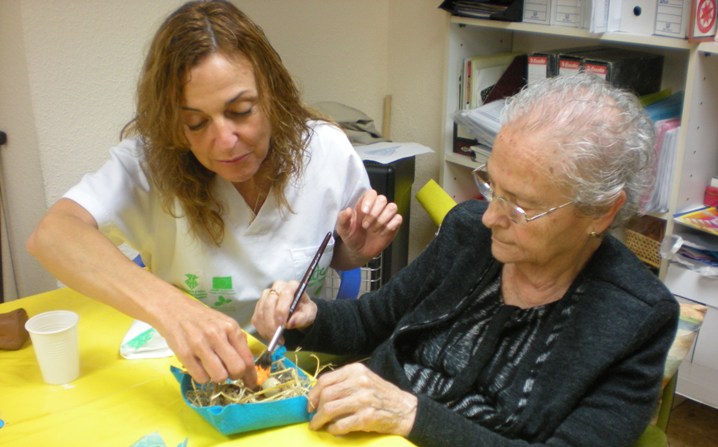As the prevalence of Alzheimer’s disease continues to rise, so does the need for compassionate and effective home care. Alzheimer’s home care is a specialized form of caregiving designed to provide support and comfort to individuals living with Alzheimer’s and their families. In this blog, we will explore the importance of Alzheimer’s home care, key considerations for caregivers, and practical tips for creating a nurturing environment.
Understanding Alzheimer’s Disease:
Alzheimer’s disease is a progressive neurological disorder that affects memory, cognitive function, and daily activities. Providing care for someone with Alzheimer’s can be emotionally and physically challenging, making it crucial to establish a supportive and understanding environment at home.
The Importance of Home Care:
Home care for Alzheimer’s patients offers several benefits, both for the individual and their families. It allows the person with Alzheimer’s to remain in a familiar and comfortable environment, promoting a sense of security and reducing confusion. Additionally, home care enables family members to actively participate in the caregiving process while maintaining a close connection with their loved one.
Key Considerations for Alzheimer’s Home Care:
- Individualized Care Plans: Tailor care plans to the specific needs and preferences of the individual. Alzheimer’s affects each person differently, so a personalized approach is essential.
- Safety Measures: Implement safety measures to prevent accidents and injuries. This may include removing tripping hazards, installing handrails, and ensuring that the home is secure.
- Effective Communication: Communication is crucial when caring for someone with Alzheimer’s. Use simple language, maintain eye contact, and be patient. Non-verbal cues and gestures can also enhance understanding.
- Daily Routine: Establish a consistent daily routine to provide structure and familiarity. Predictability can help reduce anxiety and confusion for individuals with Alzheimer’s.
- Emotional Support: Alzheimer’s can be emotionally challenging for both the individual and their caregivers. Seek support from friends, family, or support groups to share experiences and coping strategies.
Practical Tips for Alzheimer’s Home Care:
- Create a Safe Environment: Install locks on potentially dangerous areas, such as staircases or rooms with sharp objects. Ensure that the home is well-lit to reduce confusion.
- Engage in Stimulating Activities: Provide activities that promote mental and physical stimulation. This could include puzzles, music, art, or gentle exercises.
- Maintain a Healthy Diet: Nutrition plays a vital role in overall well-being. Prepare nutritious meals and monitor eating habits to ensure a balanced diet.
- Regular Exercise: Encourage light exercise, such as short walks or chair exercises, to promote physical health and improve mood.
- Regular Check-ups: Schedule regular medical check-ups to monitor the progression of the disease and address any emerging health concerns.
